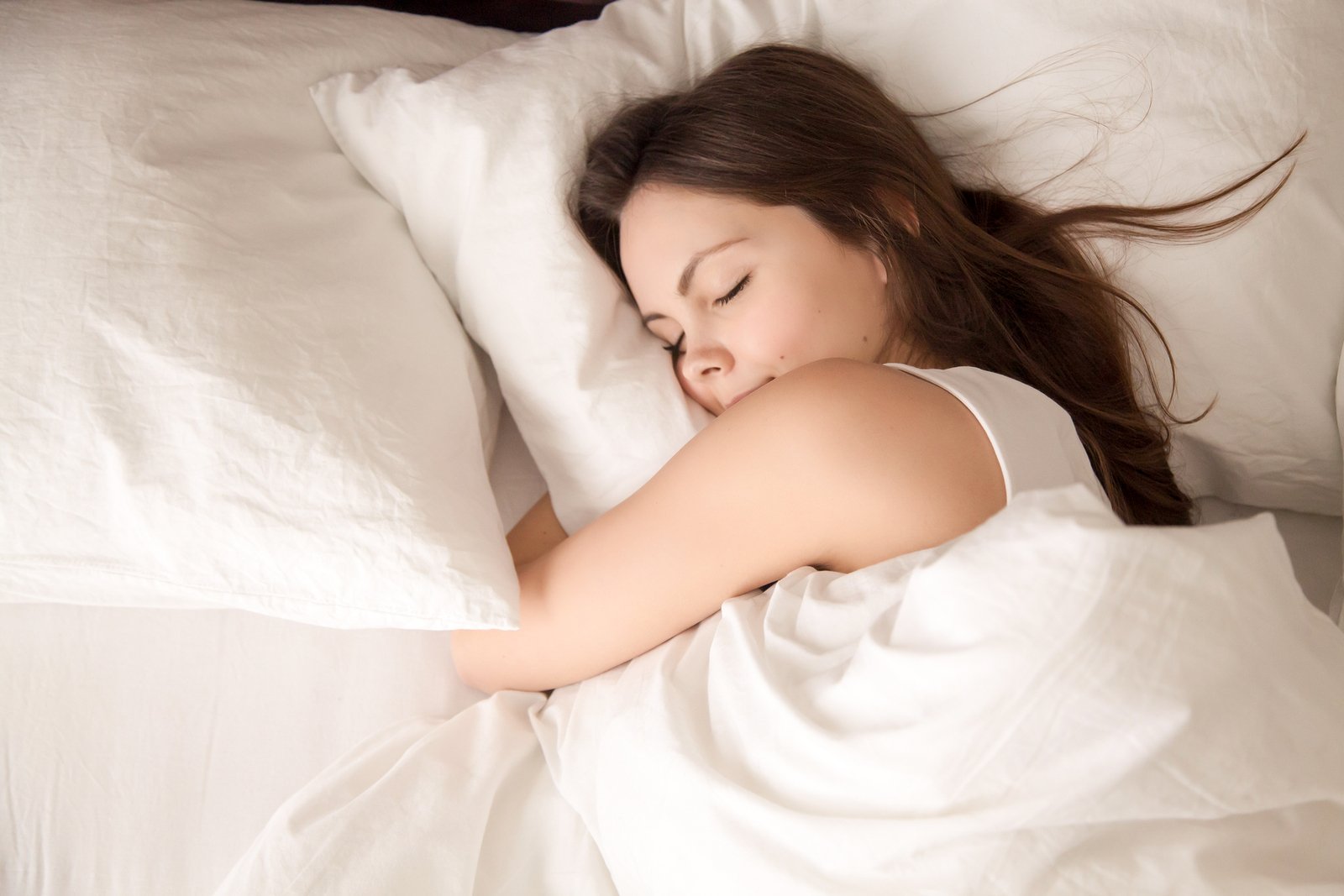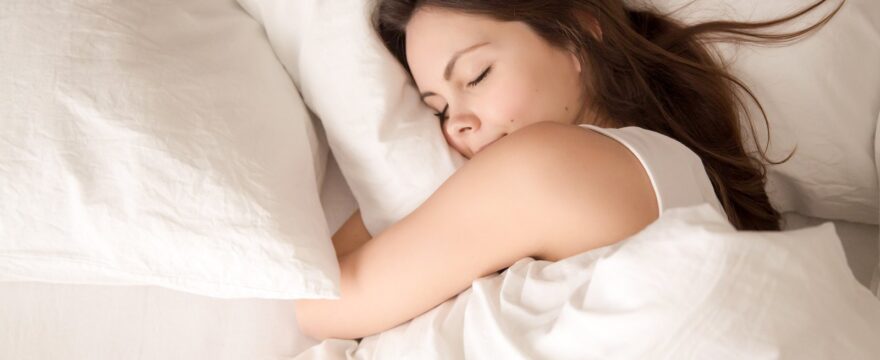
Getting enough and timely sleep has been proven to be as important a component of a healthy lifestyle as proper nutrition and exercise. Getting enough sleep improves a person’s cognitive abilities, regulates metabolism and weight, strengthens the immune system, and improves mood; in other words, if we sleep well, we learn better, don’t get fat, get sick less often, and feel happy more often.
Circadian Rhythms
Nothing is as invigorating in the morning as the realization that you overslept. You get up, cursing the insufficiently persistent alarm clock, frantically get ready, rushing to where you are not deliberately late. Ashamed of your own carelessness, you enter the new day with a sense of guilt. And in vain! There is nothing dramatic about being accidentally late, unless, of course, you overslept on an airplane or a wedding. Few things in life can compare in importance to sleep. Sleep is as much a source of health as physical activity and good nutrition. Devotion to sleep should be held as reverently as devotion to yoga and avocados. However, there is often a frivolous attitude toward sleep as wasted time. This is a dangerous misconception. In the twentieth century, thanks to the invention of human brain and body scanners, science shed light on one of the most mysterious areas of life. It turned out that the mystery of sleep is related to circadian rhythms, which were discovered as early as 1729 by the French chronobiologist Jean Jacques de Meranet. By imprisoning a mimosa flower in a dark box, the scientist discovered that it opens and closes its petals according to its internal rhythm. It turned out that such a personal schedule is characteristic of almost all life on Earth, and in humans it’s associated with sunlight.
Biological Clock
There are special photosensitive cells in the retina to recognize sunrises and sunsets. This is why even the blind are able to sense the change of day and night. The photosensitive cells send a signal to the brain that day is coming, and then the hormone cortisol begins to be produced, which serves as a kind of “start button”. As darkness falls, the level of melatonin increases, giving the “off” command. Another regulator of sleep is adenosine, which controls the degree of fatigue – as soon as it accumulates, we fall asleep. Walking under the stars until dawn or working the night shift may make you feel like a romantic hero or a hardworking enthusiast, but in reality you are self-destructive. Sleep deprivation is just as bad for your health as smoking. It makes us irritable and distracted, leads to weight gain, heart problems and a weakened immune system.
Slow and Fast Sleep
Chronobiologists claim that humans need 7 to 9 hours of sleep per night, which is the optimal time to reset the body. During the night, slow and REM sleep alternate, and they constantly fight each other, with one of them taking over every hour and a half. The first half of the night is always dominated by slow sleep, and the second half by fast sleep. That’s why going to bed at midnight and getting up at six doesn’t just deprive you of a quarter of your sleep, but 60 to 90 percent of your REM sleep, and vice versa. And they are both extremely important. During slow sleep, the brain stops working to receive information and is quietly sorting it out. Impressions, reflections, and memories of the past day are sent from short-term storage to long-term storage. This phase of sleep is the cognitive phase. People who went to bed after learning something performed better on tests. In this phase of sleep, complex problems are solved and creative pursuits are pursued. Dali and Tesla repeatedly referred to the practical benefits of sleep – it helps with insights. Edison even dubbed sleep “a break from genius. And during REM sleep, emotions, motivations, desires, fears, hopes are processed. Memories are replayed on all sensory areas of the cortex, we see dreams where past and present are mixed. Biphasic sleep – 8-9 hours at night and up to half an hour during the day – that takes place at the same time is considered most successful. The need for daytime sleep is explained by the fact that seven hours after awakening, there is a decline in activity during the afternoon, which a siesta can restore. Good sleep requires strategy, discipline and a special aura.
Healthy Sleep Rules
Be Guided by the Sun
Get up at sunrise and start preparing for sleep after sunset. Like all life on Earth, humans awake and rest according to circadian rhythms, which are related to the change of day and night and are directly dependent on sunlight. At dawn, the photosensitive cells in the retina signal to the brain that it’s daytime, and the hormone cortisol, a kind of “start button”, begins to be produced. And as darkness falls, melatonin levels rise, giving the “off” command.
Don’t Suppress Melatonin
In the evening its production is interfered by bright lights and blue light of TV screens, computers, tablets, so three hours before going to sleep turn on nightlights instead of bright ceiling lamps, using devices with warm light, and an hour after that turn off all the gadgets, stop playing at https://22bet.com/line/ and watching movies. Avoid lack of sleep – it leads to an increase in dopamine and a state similar to intoxication, which quickly becomes a habit.
Improve Yourself
Walk and exercise every day. Once fatigue accumulates, the hormone adenosine will give your body a signal and you’ll start to feel sleepy.
Open a Window
There are studies showing that indoor air is 30 times dirtier than outdoor air. This means that we do not get the necessary amount of oxygen. Therefore, it’s reasonable to air the room before going to bed. It’s much easier to fall asleep in a cool environment than in the stuffiness.
Arrange the Bedroom
This room should be used exclusively for sleeping and resting. Make it the best place in the apartment, intelligently choosing a mattress, pillows and comfortable linens. You can choose the form of the pillow depending on the sleep patterns (on your side, back, stomach) or prefer a useful orthopedic pillow that takes the load off the spine and helps it relax in a horizontal position. In some cases, back problems may be related to the type of mattress you sleep on. Some people like soft mattresses, others like firm mattresses. Look for the one that’s right for you – it’s worth it!
